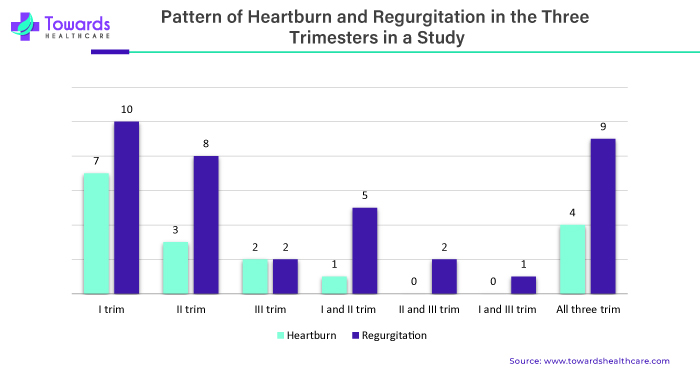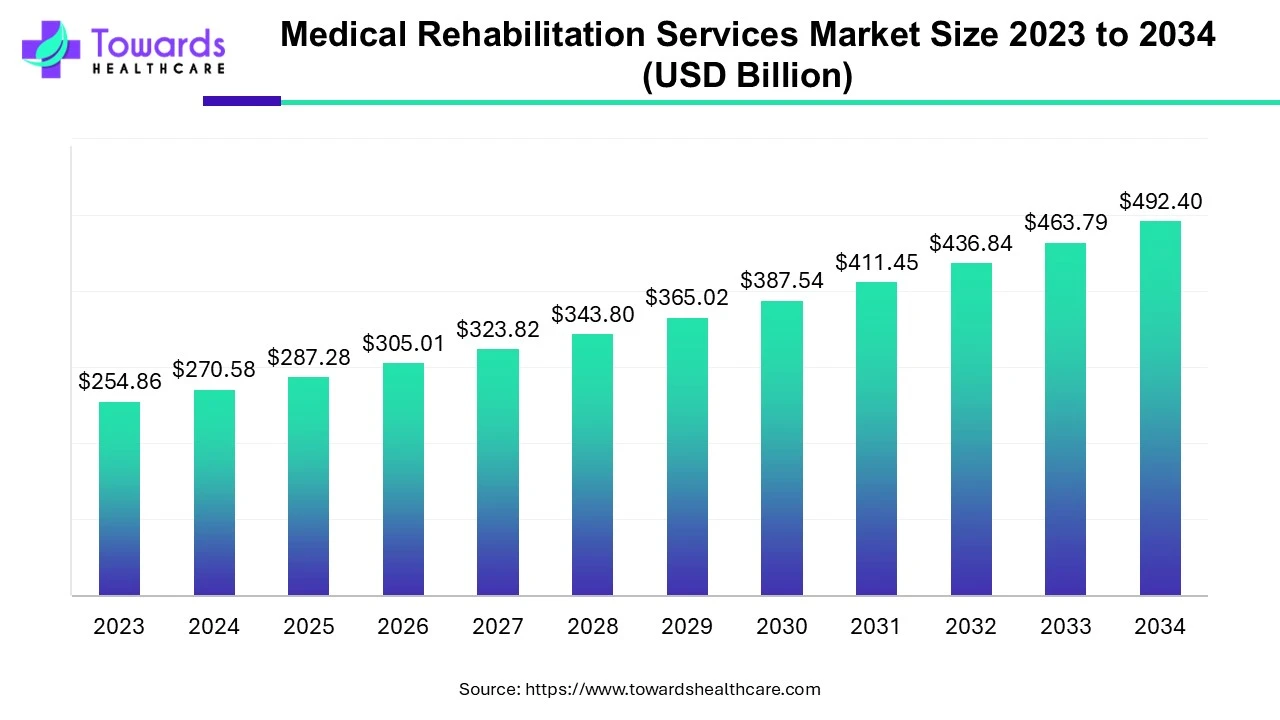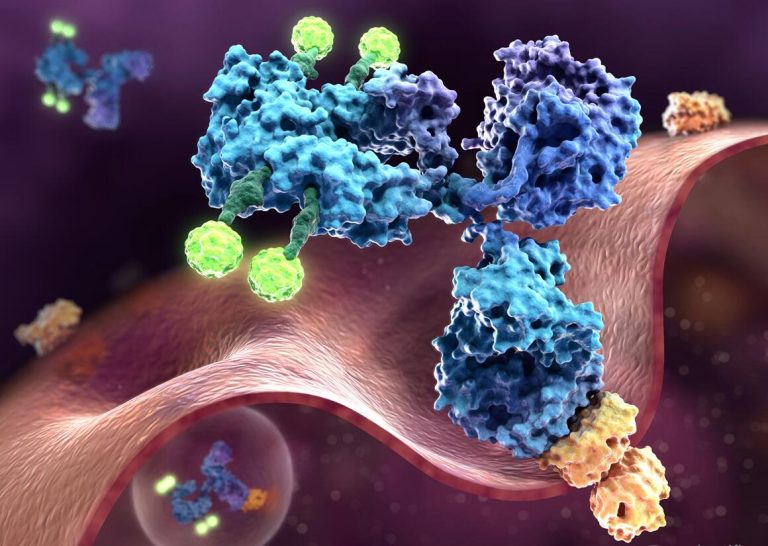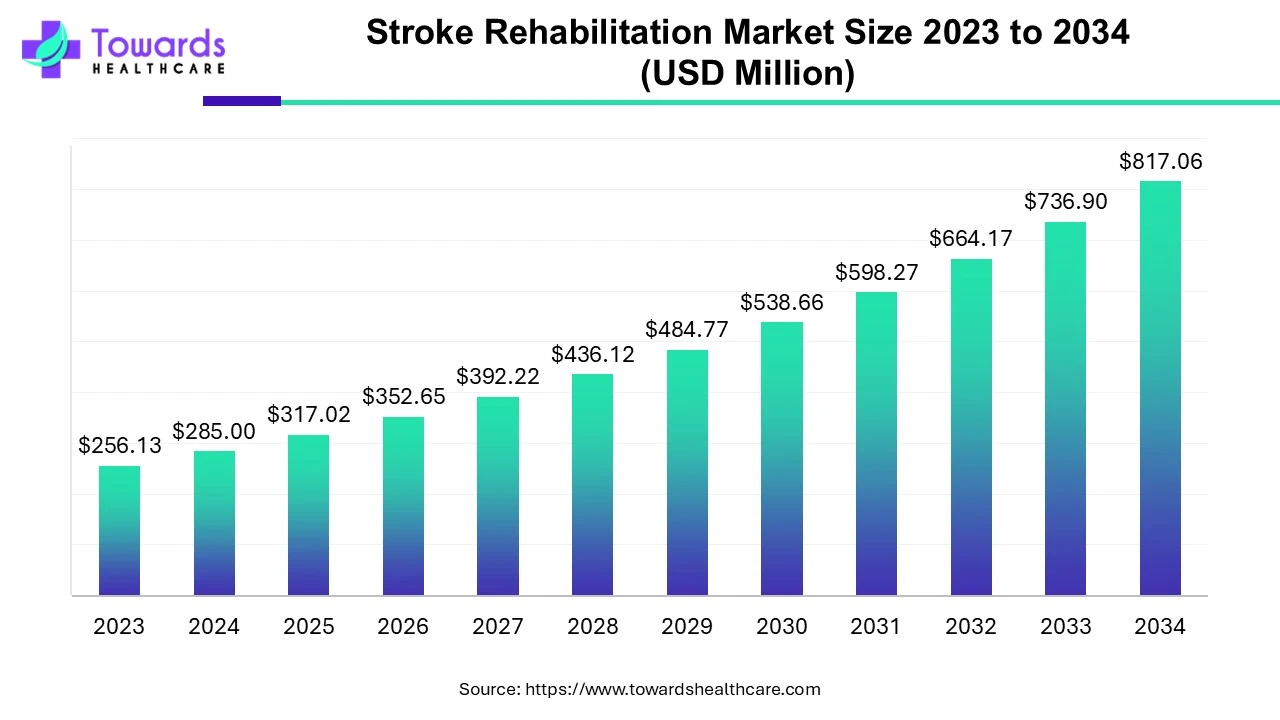
Understanding the Surge in Antacid Demand Amidst Rising GERD Prevalence Worldwide
In recent years, there has been a significant uptick in the demand for antacids globally, paralleled by the increasing prevalence of Gastroesophageal Reflux Disease (GERD) worldwide. GERD, characterized by the persistent reflux of gastric contents into the esophagus, has emerged as one of the most prevalent digestive disorders, particularly in the United States, where it affects approximately 20% of the population.
The Impact of Lifestyle Changes and Dietary Habits on GERD Incidence
Research conducted by the Esophageal Cancer Research Foundation during GERD Awareness Week in 2021 revealed a staggering 733% increase in Esophageal Cancer cases over the past four decades. This surge is largely attributed to profound shifts in dietary habits and lifestyle choices. As diets become increasingly rich in acidic and processed foods, coupled with sedentary lifestyles, the incidence of GERD has soared.
Download a short version of this report @ https://www.towardshealthcare.com/personalized-scope/5079
Antacids: A Booming Market to Address Acid Reflux Symptoms
The exponential rise in GERD cases has fueled a parallel growth in the antacid market, as individuals seek effective relief from the debilitating symptoms associated with acid reflux. Antacids, which work by neutralizing stomach acid, have become indispensable for millions worldwide grappling with heartburn, regurgitation, and other GERD-related symptoms.
GERD During Pregnancy: A Common Concern for Expectant Mothers
Pregnancy presents unique challenges, with many women experiencing heightened susceptibility to gastroesophageal reflux disease during this time. According to the National Institute of Health, between 45% and 80% of pregnant women experience GER, particularly during the first trimester. This phenomenon underscores the need for safe and effective treatment options to alleviate discomfort and safeguard maternal health.
Insights from Research: Understanding Pregnancy-Related GERD
A pivotal study conducted at Chennai’s Global Hospital shed light on the prevalence and patterns of GERD among pregnant women. The prospective, hospital-based study followed 64 expectant mothers from their first trimester through term and delivery. Findings revealed that a staggering 83.4% of participants experienced heartburn or regurgitation during pregnancy, underscoring the pervasive nature of GERD in this demographic.
Navigating Treatment Options: Safe Antacid Use During Pregnancy
While antacids containing magnesium, calcium, and aluminum are generally considered safe for use during pregnancy, caution must be exercised regarding dosage. High doses pose a risk of fluid overload and metabolic alkalosis, necessitating careful monitoring and adherence to recommended guidelines. Notably, antacids containing sodium bicarbonate should be avoided due to potential adverse effects.
The Global Antacid Market: Meeting the Needs of a Growing Population
Against the backdrop of increasing GERD awareness and prevalence, the global antacid market continues to expand to meet the burgeoning demand for symptom relief. With innovations in formulation and delivery, coupled with heightened consumer awareness, antacid manufacturers are poised to play a pivotal role in addressing the evolving healthcare needs of individuals worldwide.
Understanding the Impact of Aging Population on Antacid Demand
The global landscape is undergoing a significant demographic shift, with the aging population emerging as a prominent demographic trend. According to the United Nations World Ageing reports of 2019, the number of individuals aged 65 and older is projected to reach a staggering 1.5 billion by 2050, marking a substantial increase from the 703 million reported in the same age group globally. This demographic transition presents various challenges and opportunities across sectors, notably in healthcare and pharmaceuticals. One such area witnessing a notable impact is the demand for antacids.
Age-related Digestive Issues: A Growing Concern
As individuals age, physiological changes occur within the body, affecting various systems, including the digestive system. Among the notable changes is the natural decline in stomach acid secretion. This decline makes older adults more susceptible to digestive issues such as acid reflux, heartburn, and indigestion. The prevalence of these conditions among the elderly population is significant, with nearly 65% experiencing acid reflux symptoms.
Role of Antacids in Age-related Digestive Health
Antacids play a crucial role in managing and alleviating the symptoms associated with age-related digestive issues. By neutralizing stomach acid, antacids provide relief from heartburn, indigestion, and other related discomforts. With the aging population increasingly prone to such conditions, the demand for antacid products is witnessing a notable surge.
Understanding Age-related Physiological Changes
The aging process brings about several physiological changes that impact digestive functions. These changes include a slowdown in certain digestive processes, leading to the accumulation of excess stomach acid. Consequently, older individuals often require antacids to rebalance acidity levels and alleviate discomfort.
Driving Factors Behind Increased Antacid Demand
Several factors contribute to the rising demand for antacids among the aging population. Beyond physiological changes, evolving lifestyles and dietary habits also play a significant role. As individuals age, dietary choices may exacerbate digestive issues, necessitating the use of antacid products for symptom management.
Emergence of Preventive Healthcare Practices
Moreover, there is a growing awareness of gastrointestinal health among the elderly population. Many individuals are proactively seeking preventive measures to maintain digestive wellness. Antacids, with their proven efficacy in managing common gastrointestinal issues, have become an integral part of preventive healthcare practices among older adults.
Responsible Factors:
- Ageing Muscle – With increasing age, the body is prone to weaken, and it is hard to prevent heartburn.
- Overweight – Being overweight can raise your risk of experiencing heartburn after a meal. According to one study, having a body mass index (BMI) that is unhealthy can double your risk of developing GERD. If you have frequent heartburn, it may also be influenced by a larger waist size.
- Medication – Health problems associated with ageing may necessitate medication, and antacids are mostly given for heartburn.
Evidence-based Insights: A Closer Look
Recent studies have shed light on the prevalence and impact of acid reflux among the elderly population. A study conducted by the Athens Medical Center’s Scientific Committee analyzed data from 144 patients who underwent surgery for gastroesophageal reflux disorder (GERD) symptoms. The study revealed a significant correlation between age and the intensity of heartburn symptoms, further underscoring the need for effective management strategies such as antacid use.
Addressing the Global Burden of GERD
According to the National Institute of Health report of 2022, the global burden of recurrent heartburn, also known as GERD, is substantial, with approximately 784 million individuals affected worldwide. As the aging population continues to grow, the prevalence of GERD and related digestive issues is expected to rise, driving up the demand for antacid products.
Meeting the Demand: Future Outlook
In response to the escalating demand for antacids, pharmaceutical companies and healthcare providers are innovating to develop advanced formulations and delivery methods. From chewable tablets to liquid suspensions, the market offers a diverse range of antacid options tailored to the unique needs of older adults.
Emerging Alternatives in Gastrointestinal Health Management: A Holistic Approach
In the realm of gastrointestinal (GI) health management, a paradigm shift is underway, embracing personalized strategies that consider individual responses to dietary, lifestyle interventions, and gut microbiota composition. This evolution towards precision medicine is aimed at offering more effective results by tailoring treatments for specific GI conditions. As a consequence, traditional antacids are witnessing a decline in demand, giving way to more preventive and holistic approaches that consumers increasingly prefer.
Probiotics: Nature’s Answer to Gut Health
Probiotics have emerged as a frontrunner in the quest for maintaining optimal gut health. These live microorganisms, when administered in adequate amounts, confer health benefits to the host. Their popularity stems from their ability to restore the balance of gut microbiota, thereby alleviating digestive issues naturally. As awareness grows regarding the pivotal role of gut health in overall well-being, consumers are turning to probiotics as a preferred alternative to traditional antacids.
Dietary and Lifestyle Modifications: Addressing Underlying Causes
Acknowledging the interplay between diet, lifestyle, and GI health is imperative for achieving long-term wellness. Dietary and lifestyle modifications are gaining traction as effective methods to address the root causes of acidity and related digestive issues. By identifying trigger foods and implementing lifestyle changes such as stress reduction techniques and regular exercise, individuals can mitigate GI discomfort without relying solely on antacids. This shift towards preventive care underscores the diminishing reliance on traditional antacid medications.
Pharmaceutical Advancements: Specialized Remedies for Targeted Relief
The landscape of GI health management is being reshaped by pharmaceutical advancements, enabling the development of specialized and durable remedies tailored to specific conditions. These breakthroughs offer targeted relief, addressing the diverse needs of individuals suffering from GI ailments. As a result, consumers are increasingly inclined towards these specialized medications, steering away from conventional antacids in favor of more effective and tailored solutions.
Embracing Holistic Approaches: A Shift towards Long-Term Wellness
A notable trend in GI health management is the growing interest in holistic and natural approaches to wellness. This paradigm shift emphasizes the importance of addressing the underlying causes of GI issues rather than merely alleviating symptoms. Consequently, there has been a discernible decline in the sales of traditional antacids, reflecting a broader movement towards holistic, long-term wellness strategies that prioritize prevention over reactionary treatment.
Optimized Distribution Channels: Meeting Consumer Needs
The expansion of the antacid market is propelled by optimized distribution channels that cater to diverse consumer preferences and lifestyles. Retail pharmacies, with their widespread presence and accessibility, serve as convenient hubs for consumers seeking relief from acid reflux and heartburn. Meanwhile, hospital pharmacies fulfill the medication needs of inpatients and outpatients, ensuring access to antacid medications under medical supervision. Additionally, online providers have emerged as a popular choice, offering the convenience of doorstep delivery and further contributing to the growth of the antacid market.
Leveraging E-commerce: A Catalyst for Market Expansion
The continued growth of e-commerce has revolutionized the accessibility of healthcare products, including antacids. Online providers leverage technology to enhance customer experiences, enabling individuals to browse and purchase antacid products from the comfort of their homes. This convenience factor has played a pivotal role in the expansion of the antacid market, as more consumers opt for the ease and flexibility offered by online platforms. As e-commerce continues to evolve, with advancements in technology and customer-centric features, the growth trajectory of the antacid market is expected to persist.
To own our research study instantly, Click here @ https://www.towardshealthcare.com/price/5079
Read more about Antacids Market:
You can place an order or ask any questions, please feel free to contact us at sales@towardshealthcare.com
About Us
Healthcare Web Wire is a premier subsidiary of Towards Healthcare, dedicated to providing comprehensive insights and information related to the healthcare industry. With a commitment to delivering accurate and timely updates, Healthcare Web Wire serves as a vital resource for professionals, enthusiasts, and stakeholders within the healthcare sector. Our platform serves as a central hub for the latest news, trends and developments shaping the healthcare landscape. Join us on Healthcare Web Wire and become part of a vibrant community dedicated to advancing healthcare knowledge and shaping the future of healthcare worldwide.
Explore the comprehensive statistics and insights on healthcare industry data and its associated segmentation: Get a Subscription
For Latest Update Follow Us: https://www.linkedin.com/company/towards-healthcare


